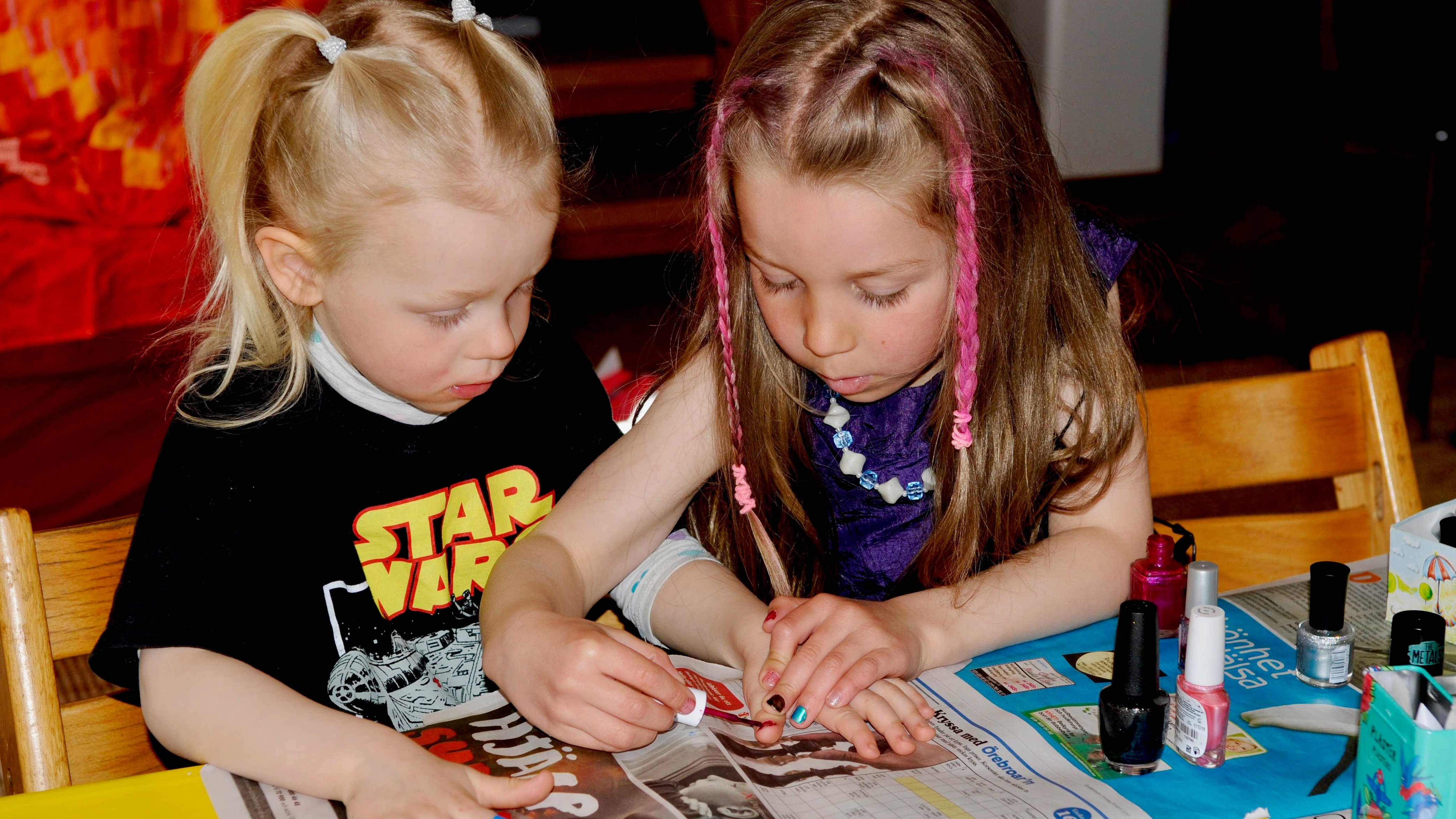I've always felt more comfortable at night in London than anywhere else in the country. But that's far from saying I don't ever feel unsafe. Ask any woman who lives here and I'm sure they would tell you a similar story.Often, this is the result of the low-level, but constant, threat posed by men, on top of extra concerns affecting the rest of the population – terrorist attacks, racially or religiously-motivated violence, muggings. In the last year, nearly nine out of ten sexual offences in London were against women, and slightly more women than men were victims of assault resulting in injury. Women are also affected differently; women who are in insecure work – for example, zero hours contracts or agency workers – are more likely to experience sexual harassment.Earlier in the year, on the way back to my flat from a bar in Peckham, a drunk man lunged at me on a quiet residential road and grabbed my crotch hard, pushing me a few steps backwards. Although I was a bit shaken lying in my bed afterwards, having a quiet cry, it was more concerning how little I thought of it later on, as if – like muscle memory – my body had already learnt to be encroached on. Thankfully, it's done nothing to deter me from going out at night, and nor has it played on my mind – but that experience easily could have led another woman to change her behaviour.It's not just via nights out – drinking, partying and dating – that women, and young women, are prominent on the streets. Over the past five years the number of women working night shifts in the capital has increased from 4 percent to 15 percent, and the average age of these female night workers is 25 to 29, compared to 45 to 49 for men. So in a slightly cynical but nonetheless urgent sense, it's important for capitalism that women feel safe in London once the street lights have flicked on.
WATCH: Raised Without Gender
In response to all this, London's new Night Czar Amy Lamé held the first Women's Night Safety Summit at City Hall yesterday, bringing together reps from across the night-time economy, police force, transport network, women's charities and more to discuss how to ensure women feel safe at night. Feedback and recommendations made will help shape the charter, which will come together over the next year.Speaking to VICE, Lamé said, "I've always been interested in women's safety, since I was a teenager. I volunteered when I was 16 at our local shelter for women who've experienced domestic violence. I used to look after the children in the crèche while their mums would go and deal with the court system. When I got the job as Night Czar, I thought, 'This is one area that I think is really holding women back from fully participating in night time economy and culture.'" Circling back to the capitalist motivation for businesses to care about women's safety, Lame says that this charter is an opportunity to put women at the centre of economic growth.Before meeting Lamé, I asked women on Twitter about the situations and spaces in London they feel most unsafe in. Responses varied wildly. Some felt scared in crowded tourist areas in central London, others were uncomfortable waiting for the bus, others hated quieter roads. Lamé believes it's not that London is very unsafe, but rather that women largely still perceive it to be so. This is not to negate the very real offences we have been subjected to, of course, which were being voiced at the meeting as a basis for action, but to understand how our experiences differ from those of the average male."Even when the numbers say we're safe, this doesn't match how we might feel," said Lamé. "As women, night crime still affects us more, since we're more likely to change our behaviour when actually it should be the other way around." The areas the summit are looking at are four particular factors of our lives at night: going out, policing a crime, transport and work. This helps to inform what Lamé sees as a "holistic approach".Already, work has been done in a few boroughs. Southwark Council became the first to develop a safety charter in 2014, with 62 venues signing up to its principles to implement a zero tolerance policy on harassment across its bars and clubs. "Ask Angela" was one scheme introduced, in which women who felt unsafe could go to a member of bar staff and ask for Angela, a sign that they wanted to be taken aside and asked what assistance they needed. At the meeting, Sophie Linden, Deputy Mayor for Policing And Crime, said that this scheme had already proved to be hugely successful, which is both brilliant and miserable in equal measure.Lamé is keen to get this and similar schemes thought up by those taking part in the summit eventually rolled out across all London boroughs. Although the scale of this operation is vast and will take a long time to put into action given the crossover of areas – sexual assault charities, police departments, nighttime venues, to name a few – it's a necessary step, and one that feels likely to actually make a difference with someone as vibrant, well-liked and no bullshit as Lamé heading it up.@hannahrosewensMore on sexual assault:VICE's Most Evil University AwardsUber Are Making the Results of Their Sexual Harassment Case PublicThe Sex Assault in the Tupac Biopic Was Terrible
Advertisement
WATCH: Raised Without Gender

In response to all this, London's new Night Czar Amy Lamé held the first Women's Night Safety Summit at City Hall yesterday, bringing together reps from across the night-time economy, police force, transport network, women's charities and more to discuss how to ensure women feel safe at night. Feedback and recommendations made will help shape the charter, which will come together over the next year.
Advertisement
Advertisement
